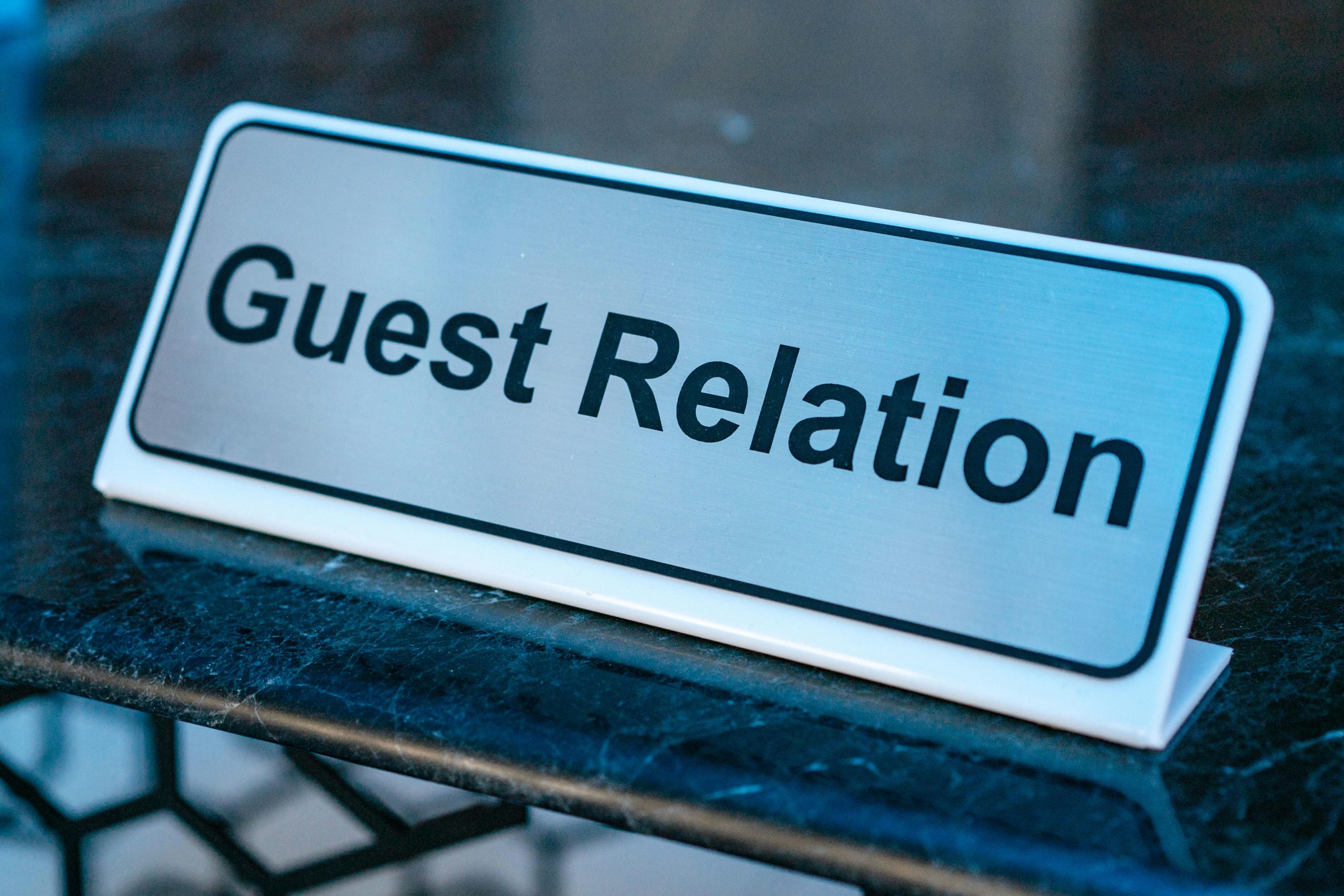Navigating Insurance Concerns After an Accident at a Friend’s House
Accidents can happen when we least expect them, and sometimes they occur in the most unforeseen locations, like a friend’s house. Such is the case of a recent mishap I experienced that left me wondering about the implications of subrogation with my insurance company.
A couple of weeks back, while visiting a friend in Vermont, I slipped on some icy steps and ended up breaking my pinky. This injury demanded surgical intervention, which prompted my insurance company to reach out for more information regarding the incident. They sent a letter indicating that failure to provide details could lead to my claims being denied, so now I’m faced with completing a subrogation form.
Here lies the dilemma: the accident took place on my friend’s property. I’m concerned that if I disclose this, the insurance company might pursue them for payment. On the flip side, honesty is crucial, and I certainly don’t want to find myself in hot water over accusations of fraud.
If you’ve faced a similar situation—where an injury wasn’t due to negligence and nobody is directly at fault—I’d appreciate hearing how you handled it. How did you maintain transparency with your insurer while ensuring that your friends remain unaffected? Your insights could be very enlightening for anyone navigating this complex intersection of personal relationships and insurance protocols.




I’m sorry to hear about your accident, and I hope you’re on the road to recovery. Navigating the complexities of insurance subrogation can be daunting, but it’s helpful to understand the process and its potential implications for you and your friend.
Subrogation is the process through which your insurance company seeks to recover the costs it has paid out on a claim from a third party that it believes is responsible for the loss. This means that if your insurance company determines someone else is liable for your injury, they may attempt to recover expenses from that party or their insurance. However, this process doesn’t automatically mean your friend will be held personally responsible.
Here’s some practical advice to help you manage this situation:
Transparency is Key: It’s essential to be truthful about the circumstances of your accident. Subrogation is primarily concerned with recovering costs and not necessarily about fault in a moral or legal sense. Withholding information could indeed result in complications, such as the denial of your claim or accusations of insurance fraud.
Understanding Liability: Just because the accident occurred at your friend’s house, it doesn’t automatically imply negligence on their part. In many cases, insurance procedures allow for evaluation and determination of liability fairly and objectively. The insurance companies involved will generally examine whether the property owner took reasonable steps to ensure safety.
Homeowner’s Insurance: Your friend likely has homeowners insurance which often includes liability coverage. This insurance can potentially cover the costs without significant financial impact on your friend. It’s in their best interest to inform their insurer of the incident to prepare for any inquiry from your insurance.
Open Communication: Discuss the situation with your friend. Honesty can help maintain trust and clarity. Explain the necessity of providing factual information and reassure them of the procedural nature of the subrogation process.
Consult Legal Advice: If you’re still concerned about the potential outcomes, consulting with a legal professional specializing in personal injury or insurance law can offer clarity specific to the laws in your area and help you navigate any complexities.
Remember, informing your insurer about the accident and its location is a standard procedure, and doesn’t inherently result in adverse consequences for your friend. By approaching this process openly and collaboratively, you can maintain your relationships and resolve the matter responsibly.